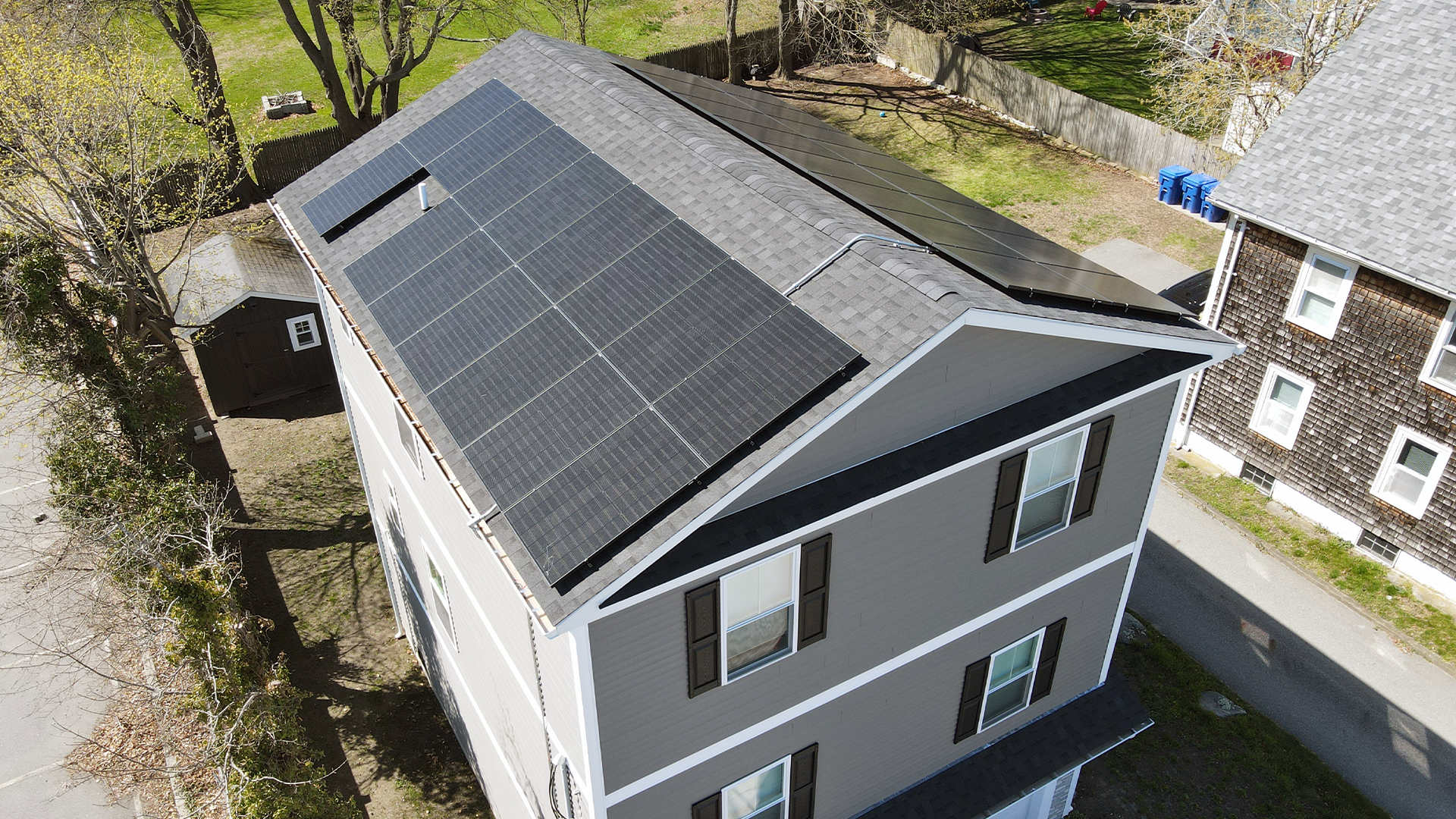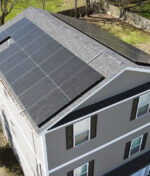
Are Solar Panels Effective In New England Winters?
As winter descends on New England, many homeowners wonder if solar panels remain effective during the colder months. With icy conditions and shorter days, it’s important to understand how solar panels can still perform and produce energy for your home. Embracing renewable energy is not just about sunny days; it’s about the advancements in technology that make solar panels a smart choice year-round.
While New England is known for its beautiful, snow-covered landscapes, these conditions come with unique challenges for those relying on solar energy. However, modern solar panel systems are designed to handle tough climates. With benefits like reduced energy costs and a smaller carbon footprint, New England homeowners have plenty of reasons to consider solar installations, even during winter months.
Understanding Solar Panel Technology
Solar panels might seem simple: they capture sunlight and convert it into usable energy. But the technology behind them is both fascinating and complex. Each panel contains photovoltaic cells that absorb photons from the sun, creating an electric field across layers of silicon cells. Even in the colder months, these panels can capture a significant amount of energy as long as they receive sunlight.
Over the years, advancements have improved the efficiency of solar panels, especially in cold climates like Massachusetts. For instance, some systems come with features such as automated cleaning mechanisms to remove snow or ice, ensuring consistent energy absorption. Technologies like monocrystalline panels have been developed to offer better performance in low-light conditions, which is particularly useful during shorter winter days.
To maximize efficiency, it’s helpful to know what makes solar panels work best. Consider these features that enhance performance regardless of the season:
– Quality Materials: Using high-grade materials that withstand extreme weather while maintaining durability.
– Optimal Angling: Installing panels at an angle allows snow to slide off easily and maximizes sun exposure.
– Effective Monitoring Systems: Modern setups include remote monitoring to track panel output and detect any issues quickly.
These insights into solar panel technology can guide homeowners in making informed choices, ensuring their solar roofs remain efficient and reliable throughout New England’s winter.
Solar Roof in Massachusetts: Winter Performance
Winter can bring challenges for solar panels, especially in Massachusetts where snow and ice can accumulate. However, modern panels are designed to be reliable in these conditions. The weight of snow is less an issue than it might seem, as most systems are mounted at an angle that allows snow to slide off. Any remaining snow generally melts away due to the sunlight absorbed by the dark surface of the panels.
Another factor to consider is the impact of cold temperatures. While it might sound surprising, solar panels often work more efficiently in cold weather. This is because panels perform well in cool conditions, and when combined with sunlight exposure, they can often exceed expected outputs. This might be counterintuitive, but the colder the temperature, the less electrical resistance in the wires of the solar panel, boosting productivity.
To keep panels effective during the winter, some useful features include:
– Heated Panels: Systems with heating elements can help reduce snow build-up.
– Roof Access: Easy access to the roof can ensure that snow is promptly removed if it becomes a problem.
– Weather-Resistant Insulation: Shielding wiring and connections from elements prolongs system efficiency.
Even during cloudy or snowy days, solar panels capture ambient light to generate electricity. Understanding these capabilities helps homeowners in Massachusetts feel confident about their solar investments throughout winter.
Benefits of Solar Panels in New England Winters
The benefits of solar panels during New England winters go beyond just energy production. First, harnessing solar energy in winter reduces reliance on more expensive heating fuels, making household energy costs easier to manage. Panels continue to provide free electricity once installed, which is a significant advantage even in less sunny months.
Another benefit is the added resilience solar power offers. During winter storms that can knock out conventional power, solar systems combined with battery storage ensure a continuous energy supply. This becomes incredibly useful, providing electricity necessary for keeping the heat on and appliances running.
In Massachusetts, where winters can stretch long, solar panels retain their value year-round. They also contribute to reducing a home’s carbon footprint, supporting broader environmental goals. As residents seek sustainable ways to make a difference, solar panels stand out as a commitment to the environment that also brings personal savings.
Embrace the Power of Solar Year-Round
As we navigate the colder months, understanding the effectiveness of solar panels in New England demonstrates the promise that renewable energy holds. It’s not just about enduring another winter; it’s about making informed decisions that are environmentally and financially smart.
Solar technology has evolved to meet the challenges presented by climates like Massachusetts, ensuring homeowners have reliable energy no matter the season. Harnessing solar energy year-round isn’t just a passing trend—it’s a reliable choice, especially in winter. Practical steps ensure maximum performance and longevity, affirming solar as more than just a sunny day solution. By exploring solar options, Massachusetts residents can greatly enhance their energy strategies, aligning them with modern, eco-friendly practices.
Thinking about enhancing your home’s resilience and saving on energy costs this winter? Discover how a solar roof in Massachusetts could be your perfect solution. With tailored installations and unmatched efficiency even in colder months, Sunfinity Power provides the expertise you need to seamlessly integrate solar into your home energy plan.




